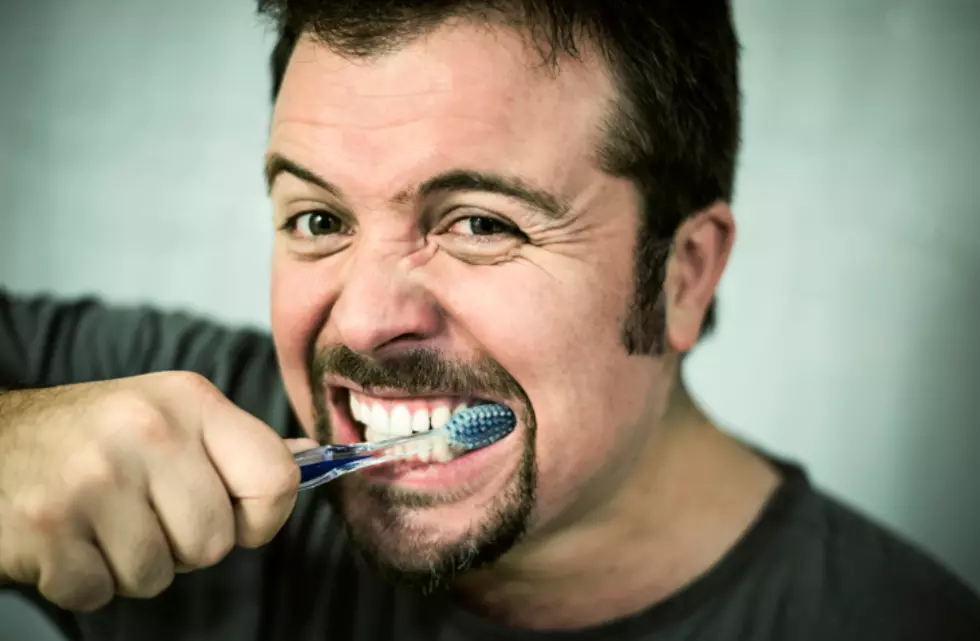
Can Charcoal Make Your Teeth Whiter?
With every celebrity I see on TV or in magazines having new pearly white veneers, I find myself wanting whiter teeth. Certainly, I can't afford a set of new porcelain teeth (925-2000 dollars a tooth), so what do I do to make my teeth whiter?
I recently noticed one of our sales reps' (Katie Smegal) had teeth nice and white, and she confessed to brushing with activated charcoal. Like, she breaks the pills open from Target and puts it on her tooth brush. Note: activated charcoal is not the stuff in the grill used for cooking.
Activated charcoal is said to help with detoxification, kidney health, water filtration, intestinal gas, skin care, deodorant, but does it whiten your teeth?
According to a recent article on harpersbazaar.com, activated charcoal does a nice job removing surface stains, however, tooth discolor often lies INSIDE the tooth and not on its surface.
What’s the difference between removing surface stains and whitening? Surface stains, also known as extrinsic stains, come from the usual suspects: coffee, red wine, tobacco, and dark colored foods and drinks. They live on the enamel layer and can generally be removed with toothpastes or surface whitening treatments. Deeper, intrinsic stains are dark coloring that comes from within the tooth, sometimes as a result of trauma, weak enamel, certain types of medication, and even overuse of fluoride. Think of these as the underlying color of your teeth; no matter how dedicated you are to whitening the surface, a major lightening of tooth color can only come from bleaching treatments that penetrate below the outer surface of teeth.
Activated charcoal toothpaste has not been given the ADA thumbs up; however if you're gonna try it, make sure the charcoal is ground fine enough to not cause tooth damage.
More From WBEC FM









